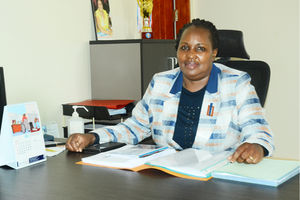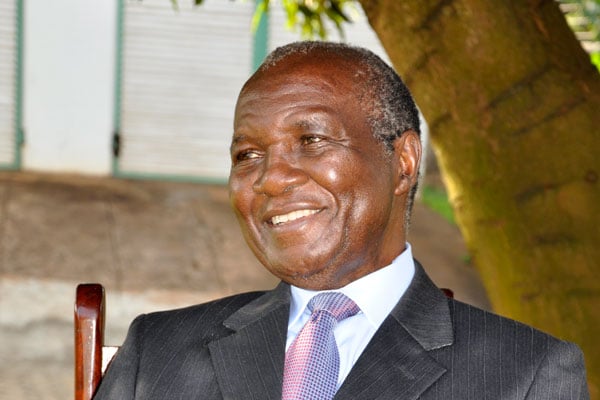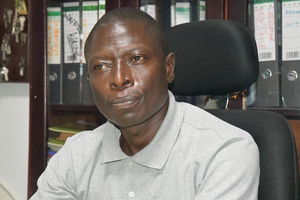
Author: Asuman Bisiika. PHOTO/FILE
In 2016 or thereabouts, I attended a meeting of serious people. One of the members introduced himself as a Makerere University lecturer.
But in the course of two hours, we learnt that Makerere University had been closed indefinitely. And in a raw sense of humour, one of the members referred to the lecturer as the former lecturer of the former Makerere University. We all burst into laughter.
The closure of Makerere University attracted a lot attention and several pieces of advice were proffered; most of them revolving around improved financial management and government funding.
I recently bumped into our lecturer friend. I asked him why strikes at Makerere University were no longer incessant.
“Yes, strikes are no longer as common as they used to be. But it is because of (Vice Chancellor) Barnabas Nawangwe. He handles strikes with an iron fist like an African dictator,” my lecturer friend lamented.
Asked whether the absence of strikes was not a good thing, my friend said it was good. “And by the way, student strikes seems to have given way to pushing and shoving in the administration.” He then regaled me with the story of Prof Umar Kakumba and how his contract as the Deputy Vice Chancellor (Academic Affairs) was not renewed.
As a parting shot, my lecturer friend said: “Truth is (Vice Chancellor) Nawangwe has ended student strikes”.
Now, I am not here to praise Nawangwe or condemn him for ending student strikes. What I can say is that there are Ugandans who would approve of the reduction of the number of strikes at Makerere. And such Ugandans are likely to thank Nawangwe for it.
Nowadays, even calls for more government funding for Makerere seem to have taken a back seat. The stories we hear now are those of an administrative nature. There seems to be a good working relationship between Ministry of Education and the University Council. And there seems to be a good relationship between the University Council and Vice Chancellor. Ugandans used to stretched-out lengthy periods of project implementation and budget overshoots will have to wonder how Makerere University has delivered the reconstruction of the Main Building on time.
Some could say all this is because of the proximity of Ms Lorna Magara (Makerere University Council chairperson) enjoys with Ms Janet Museveni (the Minister for Education). But most Ugandans would remember the delivery of the service than the identity of the person who delivered it. With the service delivered, one may not even care how close the deliverer (of the service) was to the source.
Yet there must be other challenges. As would be expected, funding cannot (and will always never) be enough. And of course the new discourse where the university administration and the ministry are reading from the same page has stifled the inherent Makerere DNA of intellectual activism.
Makerere University carries the historical tag of what I have elsewhere referred to as the African University.
The African University or the university in Africa carried (still does?) the multiple functions of being an institution of the state (the people), a centre of intellectual expression and a gateway into the universality of knowledge as a resource. More importantly, the African University offers space for the functional expression of afro-consciousness.
The African University offers the global space for an afro-conscious expression informed by the knowledge of global politics and economy. The African University provided the avant garde of African leadership in academia, politics, post independent armed struggles, etc. The contemporary African University doesn’t have (or care about) the legacy, heritage and romance with history associated with Makerere.
Mr Asuman Bisiika is the executive editor of the East African Flagpost. [email protected]




